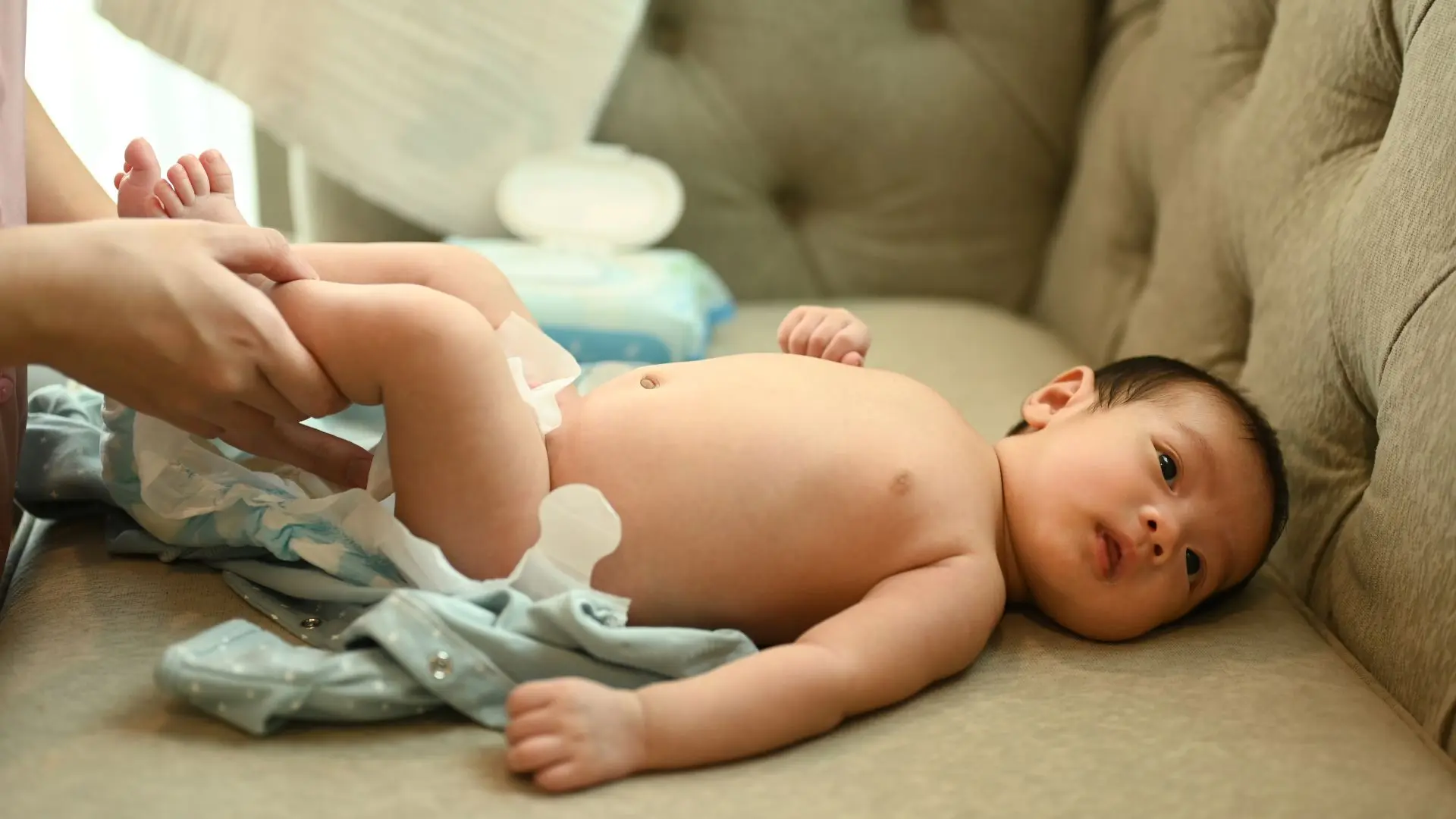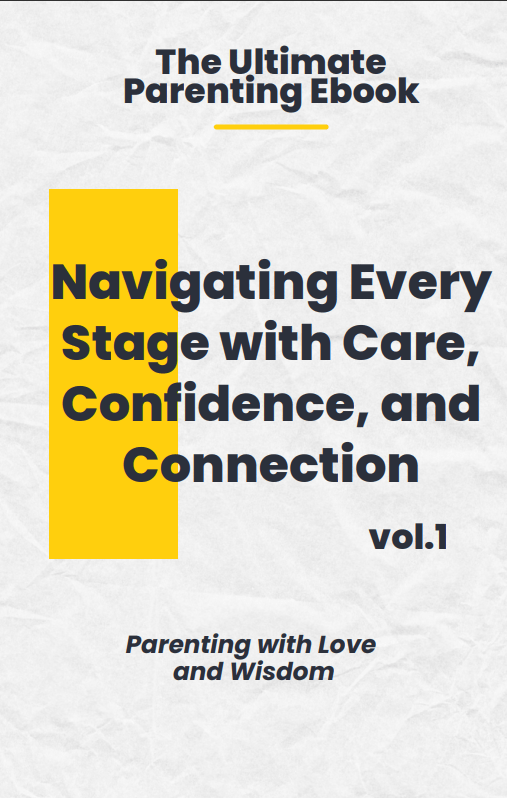Learn essential tips on what not to do in neonatal intensive care to ensure your newborn’s safety and well-being. Expert advice for NICU parents.

Neonatal Intensive Care (NICU) is a critical environment for premature and sick newborns, where every detail matters for their survival and well-being. In the United States, approximately 10% of babies are born prematurely, requiring specialized neonatal care (CDC).
The NICU journey is fraught with emotional highs and lows for parents, making it essential to understand what to avoid to ensure the best outcomes for their babies.
This comprehensive guide aims to provide you with expert tips and insights, backed by research and practical advice, to help you navigate the NICU experience effectively.

In This Blog
Toggle
1. Ignoring Hand Hygiene
Importance of Hand Hygiene in Neonatal Intensive Care
Hand hygiene is paramount in the NICU to prevent infections, which can be particularly dangerous for premature and sick newborns. According to the CDC, proper handwashing can reduce the risk of respiratory infections by 16-21%. In the NICU, the stakes are even higher, as infections can lead to severe complications or even death.
Proper Handwashing Techniques and Sanitization
- Wash Hands Thoroughly: Use soap and water, scrubbing for at least 20 seconds.
- Utilize Hand Sanitizer: If soap and water are not accessible, opt for an alcohol-based hand sanitizer.
- Before and After: Always wash your hands before touching your baby and after handling any equipment or materials in the NICU.
By adhering to strict hand hygiene practices, you can significantly reduce the risk of infections and protect your baby’s health.
2. Disregarding Medical Advice
Following Medical Advice in Neonatal Intensive Care
In the NICU, the expertise of medical professionals is invaluable. Disregarding their advice can lead to adverse outcomes. A study published in the Journal of Perinatology highlights that adherence to medical protocols improves neonatal outcomes and reduces the length of hospital stays.

Risks and Consequences
Ignoring medical advice can result in:
- Delayed Recovery: Non-compliance with feeding schedules or medication can hinder your baby’s progress.
- Increased Risk of Complications: Disregarding instructions on handling and care can exacerbate existing conditions.
- Strained Relationships: Not following medical advice can create tension between parents and NICU staff, potentially affecting the care your baby receives.
3. Overcrowding the NICU Space
A calm and uncluttered NICU environment is crucial for the well-being of your baby. Research indicates that a peaceful setting can reduce stress for both parents and infants, promoting better health outcomes. Overcrowding can:
- Increased Risk of Infection: More people and items can introduce additional germs, increasing the chances of infections.
- Elevated Stress Levels: Excess noise and activity can disturb newborns, leading to higher stress and disrupted sleep.
- Decreased Efficiency: Cluttered areas can impede medical staff, making it harder to perform tasks quickly and effectively.
- Restricted Access to Equipment: Essential medical devices might become less accessible, potentially delaying crucial care.
- Compromised Cleanliness: More visitors and items can make it difficult to maintain a sterile environment, vital for the health of vulnerable infants.
- Emotional Strain on Parents: Overcrowding can add to the stress and anxiety parents already feel, impacting their well-being and ability to care for their baby.
4. Overstimulating the Newborn
Risks of Overstimulation in Neonatal Intensive Care
Newborns, especially those in the NICU, are highly sensitive to their surroundings. Overstimulation can lead to increased stress, disturbed sleep, and developmental issues. A study in Pediatrics journal found that excessive noise and light can negatively impact neonatal outcomes.
Creating a Soothing Environment
- Control Lighting: Use dim lights and cover incubators to reduce light exposure.
- Minimize Noise: Speak softly and limit the use of electronic devices near your baby.
- Gentle Touch: Handle your baby with care, using gentle, soothing motions.
By managing the sensory environment, you can help your baby feel more secure and comfortable.
5. Not Advocating for Your Baby
The Role of Parental Advocacy in Neonatal Intensive Care
Parents play a crucial role in advocating for their baby’s needs in the NICU. A study in the Journal of Maternal and Child Health found that parental involvement is associated with improved health outcomes and stronger parent-infant bonding.
Effective Communication with NICU Staff
- Ask Questions: Don’t hesitate to ask healthcare providers about your baby’s condition and care plan.
- Be Informed: Stay updated on your baby’s progress and any changes in treatment.
- Express Concerns: If you have any worries or notice something unusual, communicate them to the NICU staff promptly.
Being an active participant in your baby’s care ensures that their needs are met effectively.
6. Neglecting to Monitor Temperature
Importance of Temperature Control in Neonatal Intensive Care
Temperature regulation is critical for newborns, especially those in the NICU. Babies cannot regulate their body temperature as effectively as adults, making them more susceptible to overheating or becoming too cold.

Tips for Proper Temperature Control
- Ideal Room Temperature: Maintain a room temperature between 68°F and 72°F (20°C to 22°C).
- Appropriate Dressing: Dress your baby in layers that can be easily added or removed.
- Use a Room Thermometer: Regularly check the room temperature and adjust as needed.
Ensuring your baby’s environment is at the right temperature is vital for their comfort and health.
7. Inconsistent Feeding Schedules
Importance of Regular Feeding in Neonatal Intensive Care
Regular feeding is essential for the growth and development of newborns in the NICU. Inconsistent feeding can lead to nutritional deficiencies and hinder your baby’s recovery.
Tips for Maintaining a Consistent Feeding Schedule
- Follow Medical Advice: Stick to the feeding schedule recommended by healthcare providers.
- Monitor Feeding Patterns: Keep track of your baby’s feeding times and amounts.
- Stay Flexible: Be prepared to adjust the feeding schedule based on your baby’s needs and cues.
A consistent feeding schedule ensures your baby receives the necessary nutrients for healthy growth.
8. Lack of Emotional Support
Emotional Well-being in Neonatal Intensive Care
The experience in the NICU can be emotionally challenging for parents. Lack of emotional support can lead to increased stress and anxiety, affecting your ability to care for your baby.
Tips for Emotional Support
- Seek Support Groups: Join NICU parent support groups for shared experiences and advice.
- Talk to a Counselor: Consider professional counseling to manage stress and emotions.
- Stay Connected with Loved Ones: Regular communication with family and friends can provide emotional strength.
Emotional well-being is crucial for maintaining the resilience needed to support your baby through the NICU journey.
9. Neglecting Self-Care
Importance of Self-Care for Parents in Neonatal Intensive Care
Prioritizing your own well-being is equally vital as caring for your newborn. Neglecting self-care can lead to burnout and reduce your ability to provide the best care for your newborn.
Tips for Self-Care
- Rest When Possible: Take advantage of any opportunity to rest and recharge.
- Maintain a Balanced Diet: Eating nutritious meals helps sustain your energy levels.
- Engage in Relaxing Activities: Find time for activities that help you relax and unwind.
Prioritizing self-care ensures you remain strong and capable of supporting your baby’s needs.
Conclusion
Navigating the NICU journey can be overwhelming, but understanding what to avoid and how to advocate for your baby’s care can make a significant difference. From practicing stringent hand hygiene to creating a calming environment, these strategies are crucial for your baby’s well-being.
Remember, your role as a parent is vital, and staying informed and proactive will help you provide the best care possible.
We’re eager to learn about your experiences and any helpful tips you’ve discovered. Please share your thoughts and comments below. Your insights could be invaluable to other parents navigating the NICU journey.
You may also be interested in : Neonatal Care: 10 Critical Safety Rules for First-Time Parents
FAQs
1. Why is hand hygiene important in neonatal intensive care?
Hand hygiene is crucial in neonatal intensive care to prevent infections that can be dangerous for newborns. Proper handwashing and sanitization can significantly reduce the risk of respiratory and other infections.
2. What are the risks of not following medical advice in the NICU?
Disregarding medical advice can delay recovery, increase the risk of complications, and strain relationships with NICU staff, potentially affecting the care your baby receives.
3. Why should I limit visitors in the NICU?
Limiting visitors helps maintain a calm and clean environment, reducing noise and the risk of infections, which is essential for your baby’s recovery.
4. How can overstimulation affect my newborn in the NICU?
Overstimulation can lead to increased stress, disturbed sleep, and developmental issues for newborns. It’s important to create a soothing environment with minimal noise and dim lighting.
5. How can I effectively communicate with NICU staff?
Ask questions, stay informed about your baby’s condition, and express any concerns promptly. Effective communication ensures that your baby’s needs are met and fosters a collaborative care environment.
6. What is the ideal room temperature for a newborn in the NICU?
Maintain a room temperature between 68°F and 72°F (20°C to 22°C) to ensure your baby’s comfort and prevent overheating or getting too cold.
7. Why is a consistent feeding schedule important in the NICU?
Regular feeding schedules ensure your baby receives the necessary nutrients for growth and development, helping to prevent nutritional deficiencies and promote steady recovery.
8. How can emotional support benefit parents in the NICU?
Emotional support from support groups, counseling, and staying connected with loved ones helps manage stress and anxiety, allowing you to better care for your baby.
9. Why is self-care important for parents in the NICU?
Prioritizing self-care prevents burnout and maintains your physical and emotional strength, enabling you to provide the best care for your newborn.
10. What should I avoid bringing into the NICU?
Avoid bringing unnecessary items that clutter the space. Stick to essential items to maintain a clean and organized environment that supports your baby’s health.




